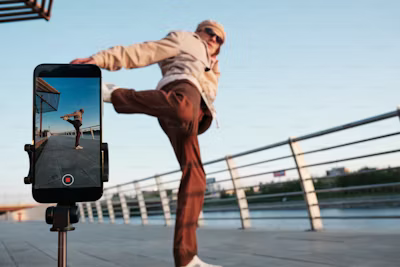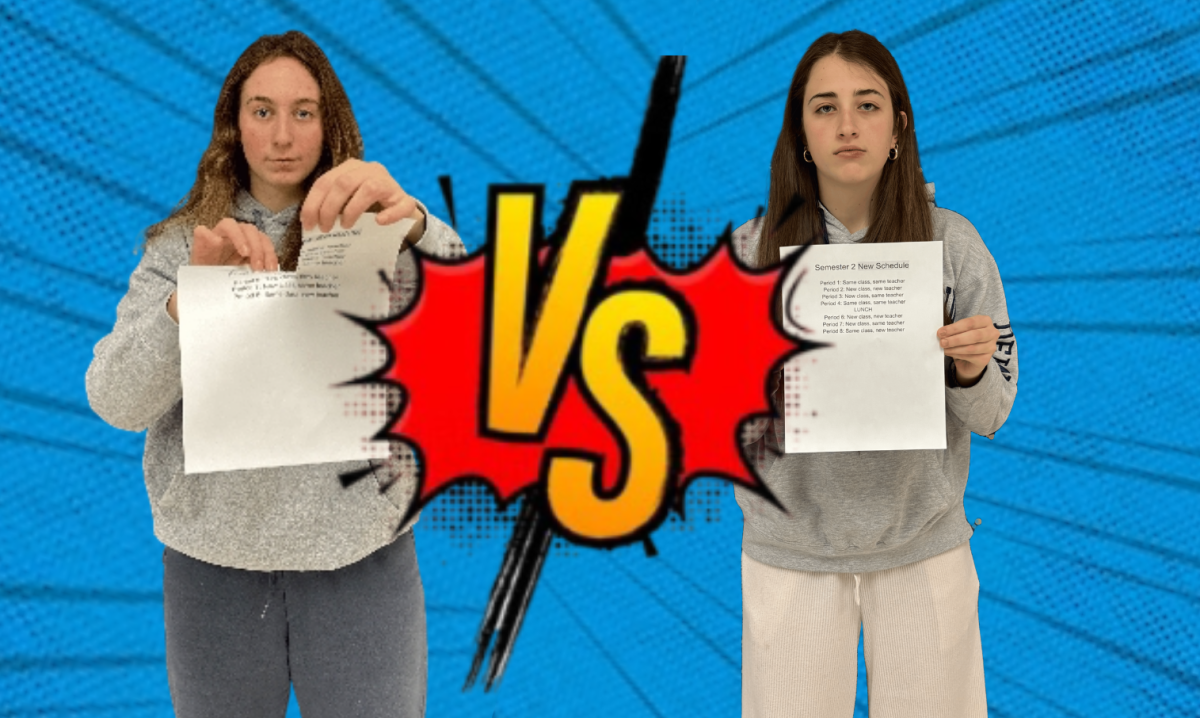
Teenagers are on the frontlines of the debate over whether TikTok should be banned in the U.S., with many of them being some of the app’s most passionate users. One in four TikTok users are teens; so it is undeniable that the app is a staple among this demographic. TikTok has become an integral part of teens’ social lives, the entertainment they consume and even how they receive news.
However, behind the memes and catchy audios lies a growing concern that the U.S. government has been keen on addressing. TikTok’s parent company ByteDance is owned by the Chinese government, and its laws, along with the potential for the spread of misinformation, have concerned lawmakers and experts who are now calling for a ban. Though banning TikTok may seem like an overreaction, the potential negative effects of leaving the app unpoliced are serious and a solution must be found.
In an effort to avoid directly censoring TikTok out of concern to protect Americans’ freedom of speech, the U.S. government offered an ultimatum to TikTok: sell its ownership to a non-Chinese government-affiliated company, or TikTok can no longer operate in the U.S.
Of course, there has been backlash for many good reasons. Some are concerned that losing TikTok would deprive U.S. citizens of a source of income, as it is a career for many, or that the government would be setting a precedent for censorship on the basis of defending national security. Along with this, there are many undeniable benefits to using TikTok, perhaps most importantly being the entertainment value that has led most of its users to download it.
However, if TikTok is banned there are a multitude of media websites like Instagram and YouTube that will seamlessly fill in the gap left behind, replacing jobs and providing entertainment. In fact, according to the Pew Research Center, YouTube and Facebook are the most widely used online platforms and 50 percent of U.S. adults report using Instagram, while only 33 percent report using TikTok. Evidently, TikTok is not as essential to the online ecosystem as many believe, and teenagers will not have to fear a lack of online content or community.
Teens should not worry about the precedent a TikTok ban might set either, as banning it would not contradict any constitutional rights. The Supreme Court is only concerned with the risk the use of this app by a foreign country may pose to American users. The fear of the spread of misinformation, election interference or other foreign influence from the Chinese government is where the real concern should lie.
In fact, China has had similar concerns that the U.S is having right now. In the late 2000s, both Facebook and Google were banned in China due to concerns about how these platforms could be used to spread anti-government sentiment.
Be that as it may, the U.S government does not have to copy China and ban websites and media outlets it decides are a national security threat. It is good that the decision to ban TikTok is so controversial—any decision made will have far-reaching consequences, both good and bad, and must be taken seriously. In fact, there are other options despite a ban that TikTok and the U.S. have entertained, which includes placing a disclaimer on their website for U.S. users. The threat TikTok poses can be dealt with, without necessitating a ban, though it may be necessary if no other solution proves effective enough.
Ultimately, the debate over TikTok is not just about the app itself, but about how to balance privacy, freedom and security in a newly digital age. This is particularly a concern for teen users, who though they are the largest user demographic of the app, may feel the most distant from any threat the app poses, despite being the most likely to suffer any adverse effects. This is especially a concern for those teens who might later work for the military or the government, and whose breached data privacy may be a security concern.
Teenagers must not remain passive bystanders to this conflict which is tied so tightly to their futures. Whatever side you take in this debate, concerns about TikTok must be addressed before they become a reality.








